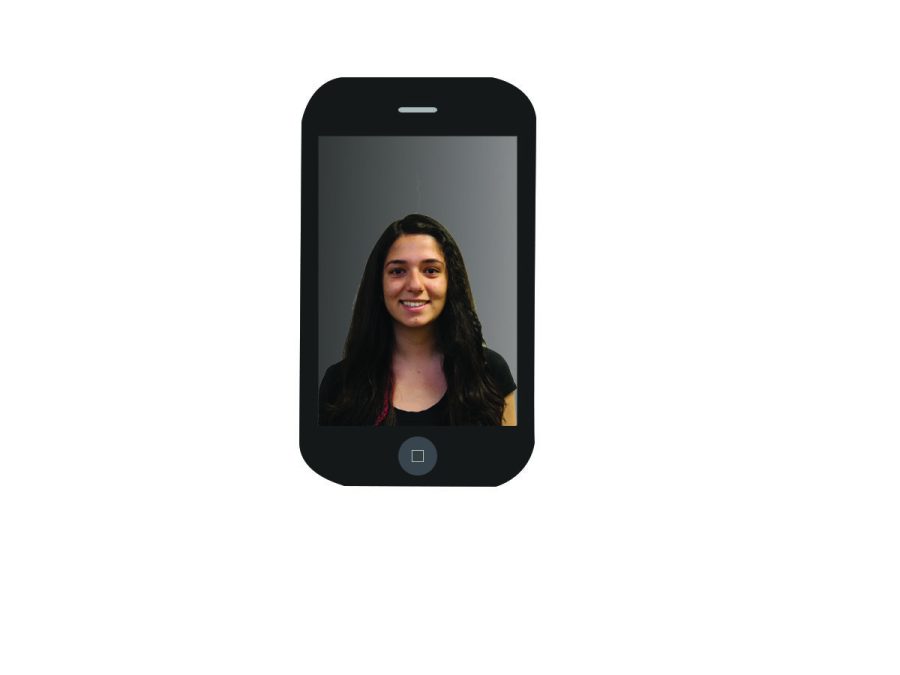Living in the present and the future through a lens
First instinct is to take a selfie every time something exciting happens. Snapchat stories often exceed 120 seconds. Tweets multiple times about the same thing. Takes various photos from different angles with different lighting to then upload the most “artsy” one to Instagram. Experiences joint pain in fingers from incessant scrolling through Tumblr. Frequently updates Facebook statuses to let everyone know just how perfect their life is.
If you or anyone you know is experiencing any of the aforementioned symptoms but have not been diagnosed, look no further: you are likely suffering from the inability to live in the moment. But do not fear — this widespread pandemic, commonly experienced by Generation Y and Z, has a cure.
To recover, it is crucial to become aware of the background of this problem and where it stems from: technology.
In a world filled with constantly-evolving technology, we are prone to becoming overly involved with our devices. We spend much of our time staring at and utilizing our screens that our ability to live in the moment is declining.
When we find that we have nothing to do, we no longer simply observe and appreciate our surroundings. Rather, we keep ourselves busy by going on our phones and checking our social media sites, our inboxes and so on.
We have forgotten how to be present in our day to day lives. Instead, we focus on documenting and recording the moments we experience, through things like pictures, videos, or sound recording.
Some argue that it is important to take such recordings in order to preserve the memory for future reference. But take a look at the older generations: the first handheld camera was only invented in 1888.
That may seem like a long time ago; however, in the grand scheme of time, the camera is a relatively new invention. People had managed to go about living their lives and preserving memories without cameras for nearly 20 full centuries.
An excessive amount of emphasis is put on taking the perfect photo or filming the best quality video, so we end up experiencing the moment through the lens both in the moment it happens and then when we look back on it.
It seems to go unnoticed that although cameras and phones are capable of capturing the image of an experience, no device can capture the most important part of the moment: what it is truly like to experience it live.
Due to our constant obsession with virutally documenting all of the events we partake in, we tend to forget that the creation of our memories go beyond and are mcuh more meaningful than a simple compilation of pixels.
So what is the cure? I urge you to put down your phone and look up at the world around you. Next time you go outside, appreciate the air you breathe and notice the shape of the clouds above you. Next time you go to a concert, forget the pictures and just enjoy the music. Next time you find yourself in line at the supermarket, ask the cashier how his or her day was.
Learn to live your life in the present moment because you really only have one shot at it because no picture, no video and no device can ever change that.
Your donation will support the student journalists of Palo Alto High School's newspaper

